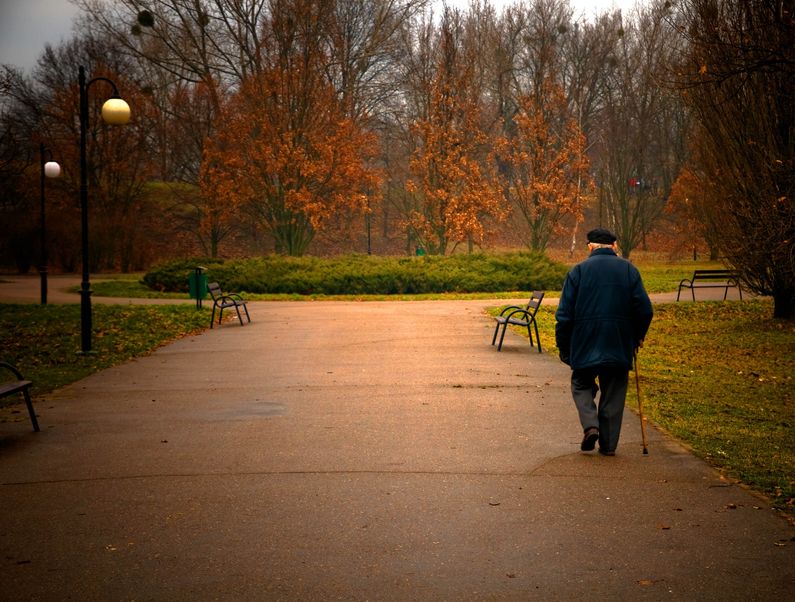Debunking the myth of the lonely old man…
By Pam McDonald
A new study debunks the myth that, as they age, seniors feel lonelier and more isolated from family and friends, says Andy Cohen, co-founder and CEO of Caring.com, the largest online resource for people providing care to senior loved ones and a Senior Housing Forum partner.
“We have always done surveys and studies as part of our mission to ‘be there’ with information and guidance for family caregivers,” Andy notes. “This time we decided to question seniors themselves and, frankly, we were surprised by the results.
“A cental marketing message for most senior living communities spotlights companionship and socialization. This may not resonate with seniors the way we hoped,” Andy says. “Children of seniors, obviously worry about their loved one being alone, but seniors apparently don’t equate it with loneliness.”
In fact, nearly 6-in-10 of the elders surveyed (59%) reported “never” feeling lonely or isolated; another 17% “rarely” feel that way; while only 6% “often” have these bothersome feelings. Further, the majority of respondents reported connecting with their family either every day (58%) or at least once a week (24%).
“We’ve been reading recently that seniors are happier than other age groups. Perhaps, as they age,” Andy speculates, “they’re just more at ease with themselves and the world. Senior living may need to further differentiate its messages to adult children from those to seniors themselves.“
“Social interaction is a key component to staying both emotionally and physically healthy as we age,” Andy points out. “So staying active in a senior community as well as all the other benefits of senior living could actually be adding years to residents’ lives,” Andy says.
Another Eye-Opener
Another eye-opener in the report was that just being around more people doesn’t make seniors less lonely. Seniors living in urban areas are about twice as likely to “often” feel lonely compared to those living in suburban and rural areas.
The most common precursors of loneliness and isolation appear to be income and educational attainment. The study found that people making an annual income of $30,000 or less report higher instances of loneliness than more affluent seniors.
Likewise, respondents with a high school education or less report feeling lonely “often” or “sometimes” at a greater rate compared to people who attended or graduated from college.
Political affiliations also appear to have an influence on loneliness: 30% of Democrats say they are lonely “often” or “sometimes,” which is more frequently than reported by Republicans (19%) and independents (17%).
While seniors are encouraged to own pets to ward off loneliness and isolation, the study found that Democrat respondents didn’t own cats or dogs as often as Republicans or independents.
But Andy says. “It goes back to economic differences. In general, Republicans have greater affluence and are more likely to live in suburban and rural areas.”
Methodology
The survey was conducted by Princeton Survey Research Associates International (PSRAI). More detail can be found at Caring.com – Debunking the “Lonely Old People” Stereotype.
PSRAI obtained telephone interviews with 628 adults age 65 or older living in the continental United States. Interviews were conducted by landline and cell phone in English and Spanish between January 7-10 and 21-24 this year. Statistical results are weighted to correct known demographic discrepancies and the margin of sampling error is plus or minus 4.5 percentage points.







